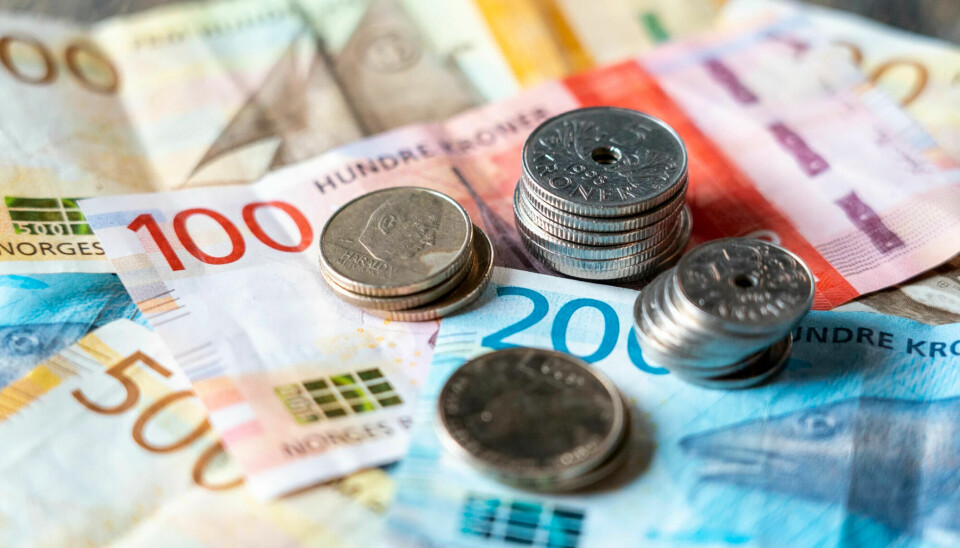
Nearly three times as many Norwegians are now struggling financially
A new study from OsloMet concludes that many Norwegian households have tightened their belts.
In June 2021, seven per cent of Norwegian households reported experiencing financial challenges.
Now, in March 2023, 18 per cent reported the same.
Researchers at the National Institute for Consumer Research (SIFO) at OsloMet clearly see how tougher economic times are affecting a significant number of Norwegians.
Shower less and buy cheaper food
When researchers ask people, they receive responses indicating that many have significantly tightened their belts to meet increased costs.
According to the researchers, government electricity subsidies may have also helped quite a bit.
When electricity became more expensive and finances tighter, many people lowered indoor temperatures. Several people also started showering less.
A significantly larger number of Norwegians have also started buying cheaper groceries.
18 per cent are struggling significantly
In addition, some have had to resort to more drastic cost-cutting measures.
“We see clearer differences. On the one hand, we have up to three-quarters of people who are managing fine or very well,” researcher Christian Poppe at SIFO told NTB. “But on the other hand, we have up to 18 per cent who are struggling significantly.”
The percentage of Norwegians who say they have cut back on their consumption to afford food increased from 11 per cent last summer to 28 per cent in March.
The percentage of those who have visited a food bank has increased from two to four per cent in the last six months.
At the same time, increased housing costs or increased rental expenses have become a significant burden for many.
Disproportionately affecting those who have the least
Researchers Christian Poppe and Elaine Kempson observe a deterioration in almost all indicators of what is referred to as SIFO's economic security barometer.
The times that we are living through at the moment, where the cost of living keeps increasing, disproportionately affects those who have the least to live on, the researchers point out in the report.
Among those with the lowest economic security, 17 per cent have visited a food bank.
Seeking help through loans
More people have sought assistance with the new expenses.
For example, one in ten Norwegian households has contacted at least one creditor during the last six months.
Among these, four out of ten received help in managing their payment difficulties.
The banks that provide mortgages have been more helpful. Most of those who have contacted the bank about their mortgage have managed to refinance or establish an alternative payment plan.
The researchers emphasise that without this cooperation from mortgage lenders, the increase in the percentage of households with payment problems would likely have been larger.

Affects health as well
According to the researchers, single parents are particularly struggling.
The economic situation also impacts health.
In March of this year, 22 per cent reported that their economic situation negatively affects their mental health.
Researchers Poppe and Kempson believe they are witnessing the emergence of an increasing economic, social, and health divide in Norwegian society.
Approximately half of all Norwegians feel economically secure. Their lives continue much in the same way as before, despite the more challenging economic times.
On the opposite end, researchers observe a growing minority of around 18 per cent of Norwegian households. These find themselves at the opposite end of the economic security spectrum.
For these individuals, financial problems have now become common, despite the extensive spending cuts they have made over an extended period of time and continue to make, according to the researchers.
———
Translated by Alette Bjordal Gjellesvik.
Read the Norwegian version of this article on forskning.no
Reference:
Poppe, C. & Kempson, E. Dyrtid III. Husholdenes økonomiske trygghet i mars 2023 (Costly times III. Household economic security in March 2023), report from the National Institute for Consumer Research (SIFO), 2023.




































